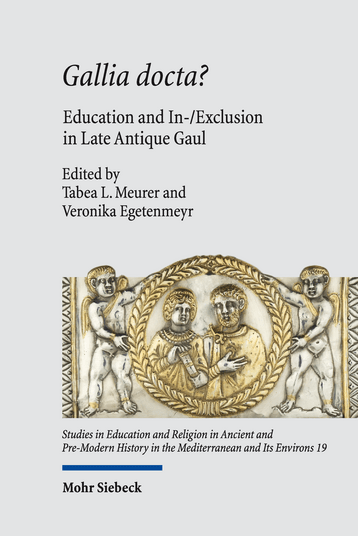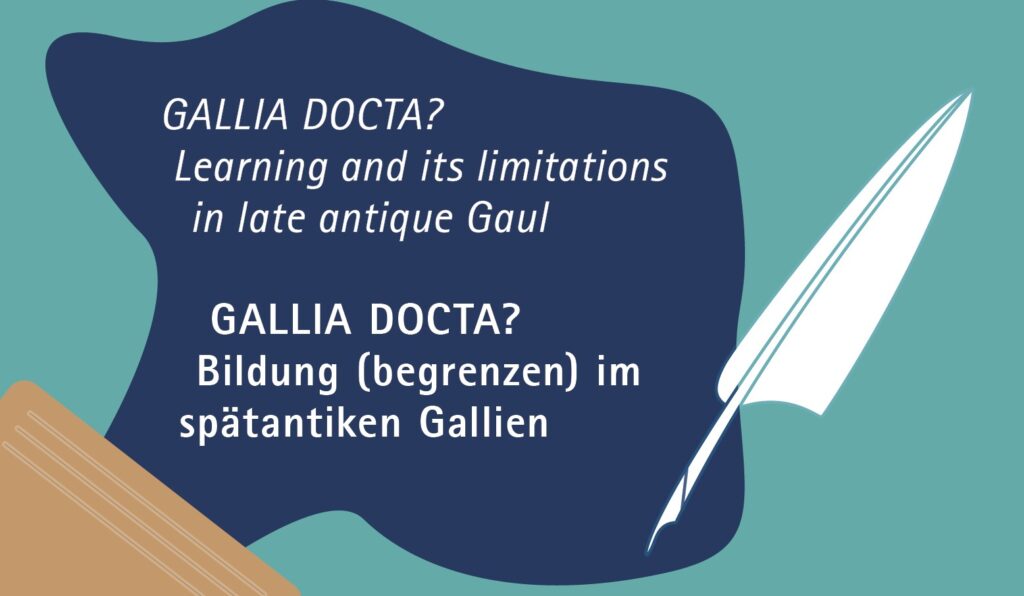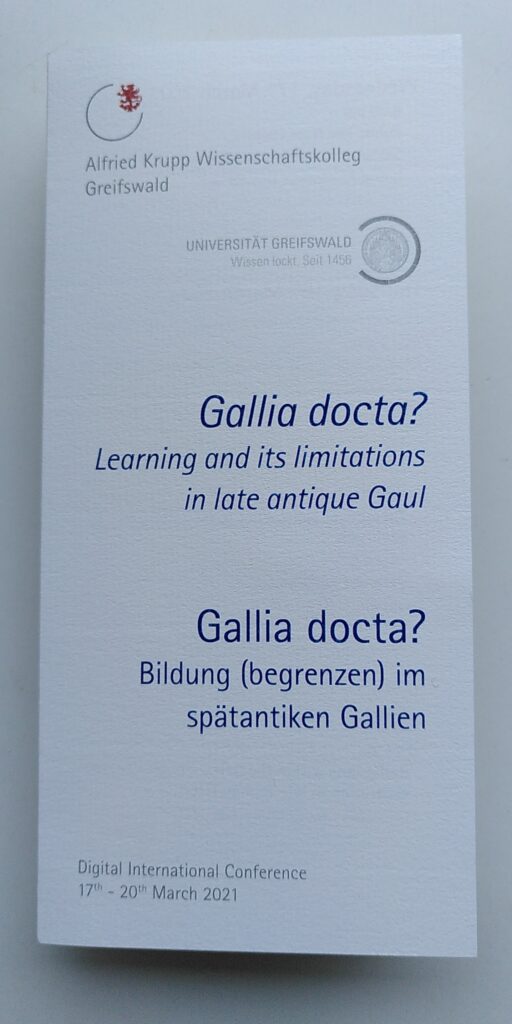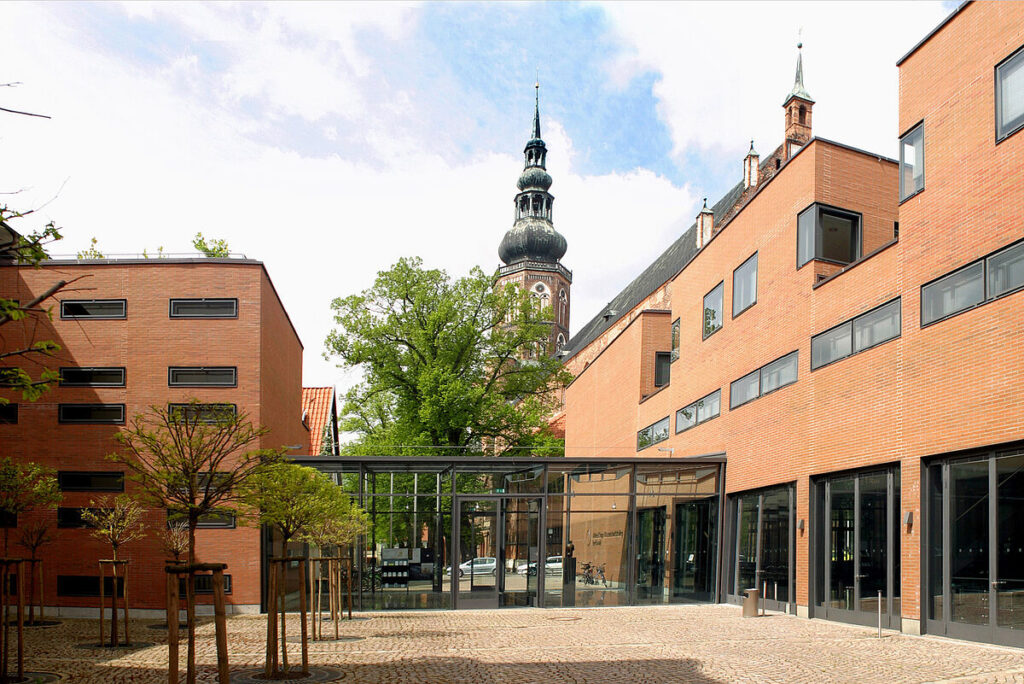Carlo Ferrari reviews Tabea L. Meurer & Veronika Egetenmeyr (eds): Gallia docta? Education and In-/Exclusion in Late Antique Gaul, in Sehepunkte 24 (2024) no. 7, 8.’
‘Ten years after the release of Steffen Diefenbach and Gernot Michael Müller’s pivotal work, Gallien in Spätantike und Frühmittelalter, this new volume serves as an important resource for expanding our understanding of a region central to the cultural history of the late Roman Empire and early Middle Ages. While much of the volume understandably focuses on Sidonius’ literary production, it successfully offers a highly original and comprehensive view of Gallic society during a time of significant transformation, highlighting the strategies of inclusion and exclusion prompted by the emergence of new communities and the spread of Christianity, and going beyond the traditional barbarian/Roman and pagan/Christian dichotomies.




